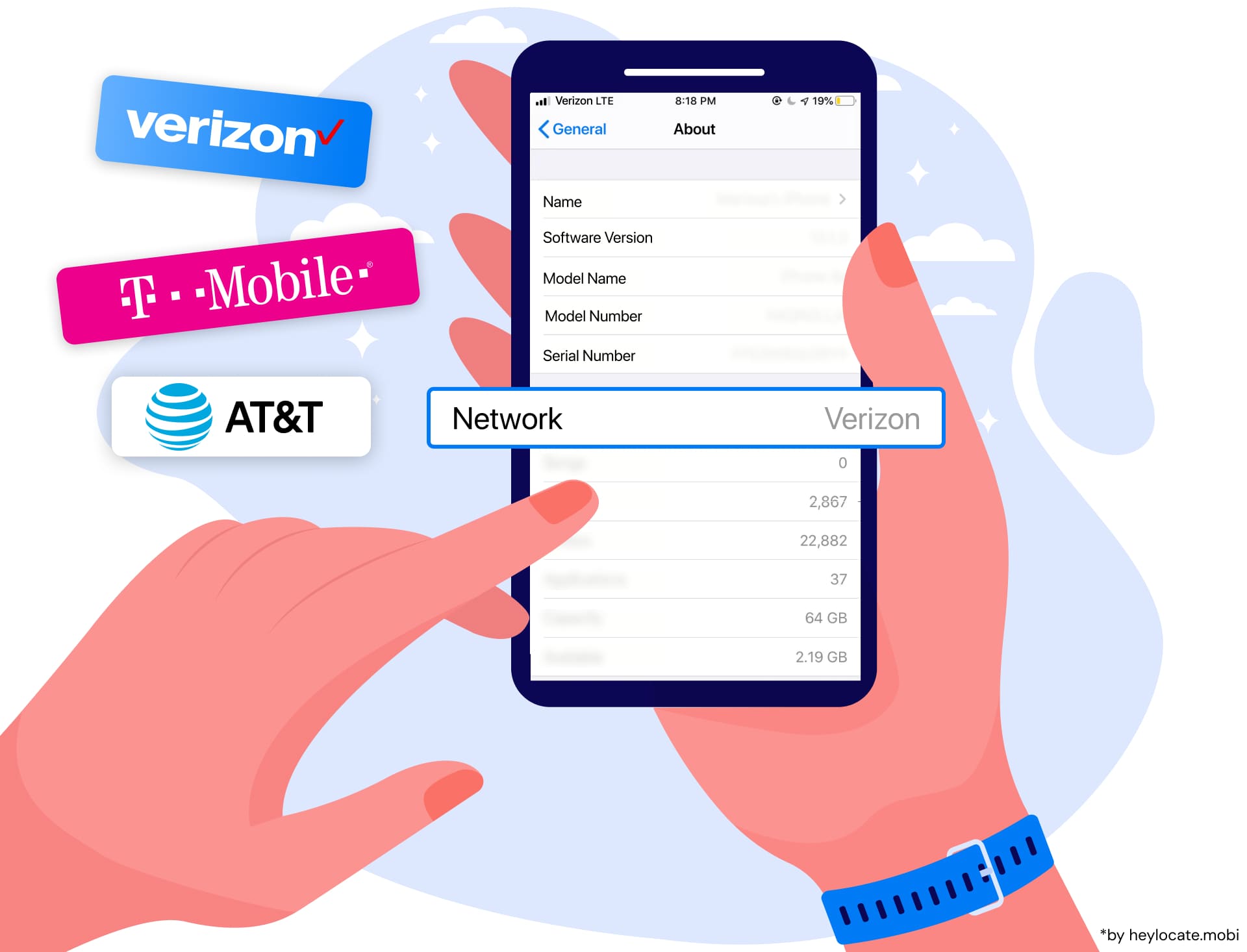Phone Carrier
What is phone carrier?
A phone carrier, also known as a Mobile Network Operator (MNO), is a company licensed to provide cellular network services to mobile phone users. MNOs build and maintain the infrastructure that allows us to make calls, send texts, and access the internet on our mobile devices.

Core Components of Mobile Network Operator
| Radio Spectrum Allocation | Radio spectrum allocation is a central element of mobile network operators (MNOs), facilitating wireless communication via a finite range of frequencies regulated by government authorities. MNOs must secure appropriate spectrum licenses for their networks. |
| Network Infrastructure | Network infrastructure, including antennas, towers, and base stations, is pivotal for MNOs, necessitating substantial investment. Backhaul infrastructure connects individual cell sites to a centralized network, transporting voice and data traffic. |
| Provisioning Computer Systems | Provisioning computer systems enable MNOs to efficiently deliver and manage their services, handling tasks such as subscriber registration, authentication, billing, and network configuration. Seamless integration with other systems is paramount. |
| Billing Systems | Billing systems serve as a vital revenue generator and customer relationship management tool for MNOs. They track usage, generate bills, and cater to various billing models, with MNOs utilizing both legacy and cloud-based solutions. |
| Customer Care Systems | Robust customer care systems allow MNOs to provide exceptional support and maintain service quality. These systems handle subscriber inquiries, complaints, and service requests, offering multi-channel support to cater to diverse customer preferences. |
Operational Models of Mobile Network Operators
- Direct Retail Services: Mobile Network Operators (MNOs) engage directly with end-users, cultivating a retail presence via a strategic blend of brick-and-mortar stores and digital platforms. By orchestrating every facet of service provision, MNOs invest in intuitive interfaces, self-service portals, and compelling offers, thereby elevating the user experience. This approach fosters customer satisfaction and nurtures loyalty.
- Wholesale Services and MVNO Partnerships: MNOs extend wholesale services to Mobile Virtual Network Operators (MVNOs) that lack their own network infrastructure. MVNOs procure network capacity from MNOs, enabling them to deliver mobile services to their subscribers. This symbiotic relationship generates supplementary revenue streams for MNOs.
Key Defining Characteristics of MNOs
- Ownership of Radio Spectrum License: Mobile Network Operators (MNOs) hold exclusive entitlements to designated frequency bands, empowering them to deliver wireless services within the confines of legal and regulatory stipulations.
- Control Over Network Infrastructure: MNOs possess or govern physical network components such as towers, base stations, and backhaul links. This oversight guarantees service quality, facilitates network expansion, and promotes operational efficiency. These attributes enable MNOs to preserve their competitive standing in the telecommunications market.
References
- Mobile network operator – Wikipedia
- What Is a Mobile Carrier? | By Priya Viswanathan, Lifewire Tech for Humans
- Understanding Mobile Carriers & Mobile Networks | October 12, 2023 Optimum
- What Is a Carrier – What Are Phone Carriers | Five9
- What is a Mobile Carrier? | Opus Tech
- Definition of cellular carrier | PCMag
- What is a Carrier? – Definition from Techopedia, by Technology Expert Margaret Rouse